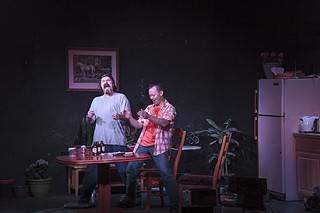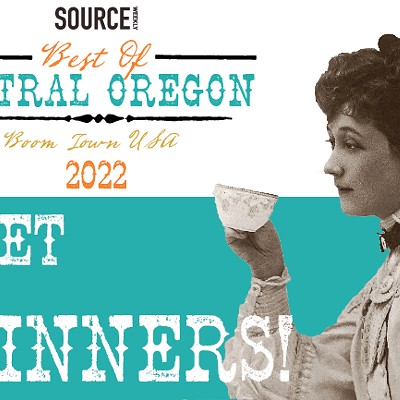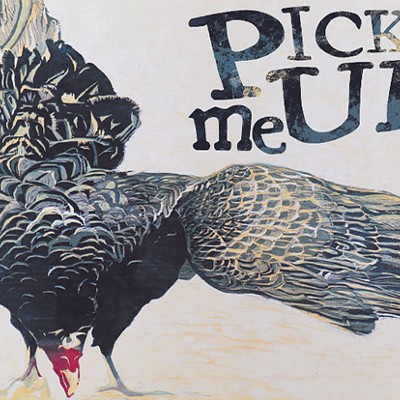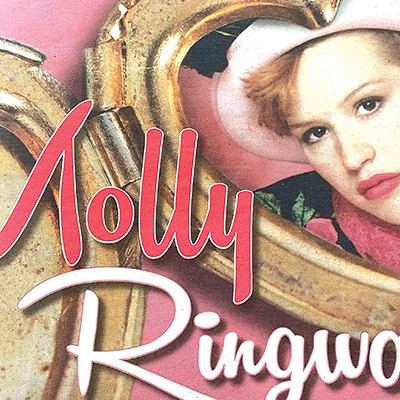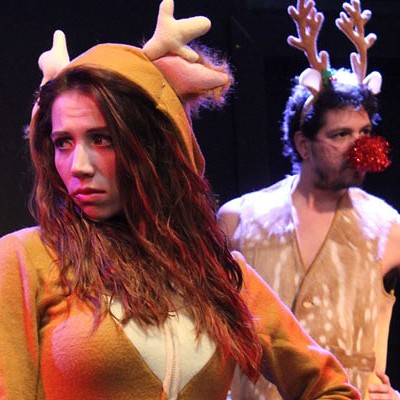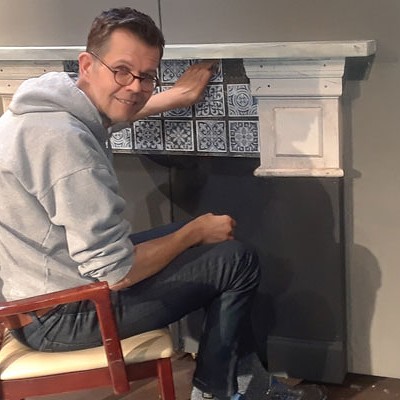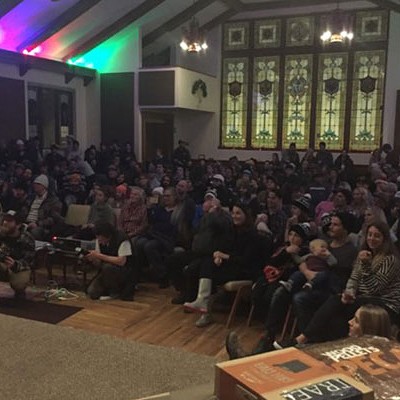In 1980, Sam Shepard debuted True West in San Francisco. Although probably not apparent to him at the time, this was the sweet spot of his career: A year earlier, he had won the Pulitzer Prize for Buried Child, a stage production that catapulted the young playwright into fame; and, in 1983, three years after the debut of True West, Shepard proved he not only understood how to plot out a story and its dialogue, but also had the chops to act, as he was nominated for an Academy Award for his portrayal of the renegade pilot Chuck Yeager in The Right Stuff.
True West loosely serves as the final installment of a trilogy about the dissolution of the American family and the disillusionment of the American dream; Buried Child, his Pulitzer Prize-winning production is the second entry in that lineup. Although some of the immediate themes that were so pertinent at the end of the '70s aren't as spot on 35 years later, certainly the tension between siblings—two brothers, Austin and Lee, who serve as the play's centerpiece—are equally keen in 2015.
Right from the opening lines, the two brothers circle each other like prizefighters, jabbing and nipping at each other, looking for weaknesses and vulnerabilities. Austin (played by Derek Sitter, who owns Volcanic Theater) serves as the grounded one. We learn that he has attended an Ivy League school and is some sort of minorly successful screenwriter. He is housesitting for his mother while she travels to Alaska. The setting is minimal—the 1950s suburban California home where Austin grew up (we are left to assume that the brothers were estranged during a divorce)—and this single stage setting creates both the claustrophobia of a pressure cooker between the brothers, as well as an uncomfortable intimacy with the audience. The other brother, Lee (played by Wayne Newcome) is the opposite of his brother, restless, complaining about the crickets outside, and taunting his brother with inane questions.
For the first series of short scenes that make up act one, the two exchange lines, baiting each other with accusations and then retreating to banalities; Austin's fragile calm set against Lee's simmering anger.
When Shepard released the play that sort of dialogue—conversations happening on multiple channels and with layers of various emotions—was novel, but it is fairly standard fare these days (see: any Aaron Sorkin movie or TV show). But what makes the script from 1980 not seem stale or as out-of-fashion as a Billy Joel song, is the acting. Wayne Newcome, who plays Lee, is at moments cruelly taunting his brother and then flipping to self-loathing. He is a delightfully menacing presence, and the dialogue slowly hands out clues about the brothers' relationships, family lives, and history.
Act one is a true treat to watch—wonderful dialogue handled artfully by two dynamic actors. Act two, not so much. The slow burner of tension that was captivating for the first half of the play explodes into outright anger, and the foremost causality is that delicate balance in the dialogue between sad and comic, and the characters' tension between the sibling resentment and love.
Without any spoilers, act two reverses roles for the brothers, as Austin, the successful writer, loses his composure; what were small cracks in his demeanor in act one are now boiling cauldrons of hatred. And, Lee has settled into a newfound confidence. Both actors manage the role reversal well, yet act two is far less compelling than the first half of the play as the brothers hurl toward a fairly predictable and loud conclusion and the final stretch of the play sheds any of its reservations that made the buildup so captivating.
That said, True West is, taken as a whole and within its context of a new mission for Volcanic Theater, a vital addition to the expanding theater scene in Bend—for its choice of smartly written plays, and for attracting and presenting top notch acting.

